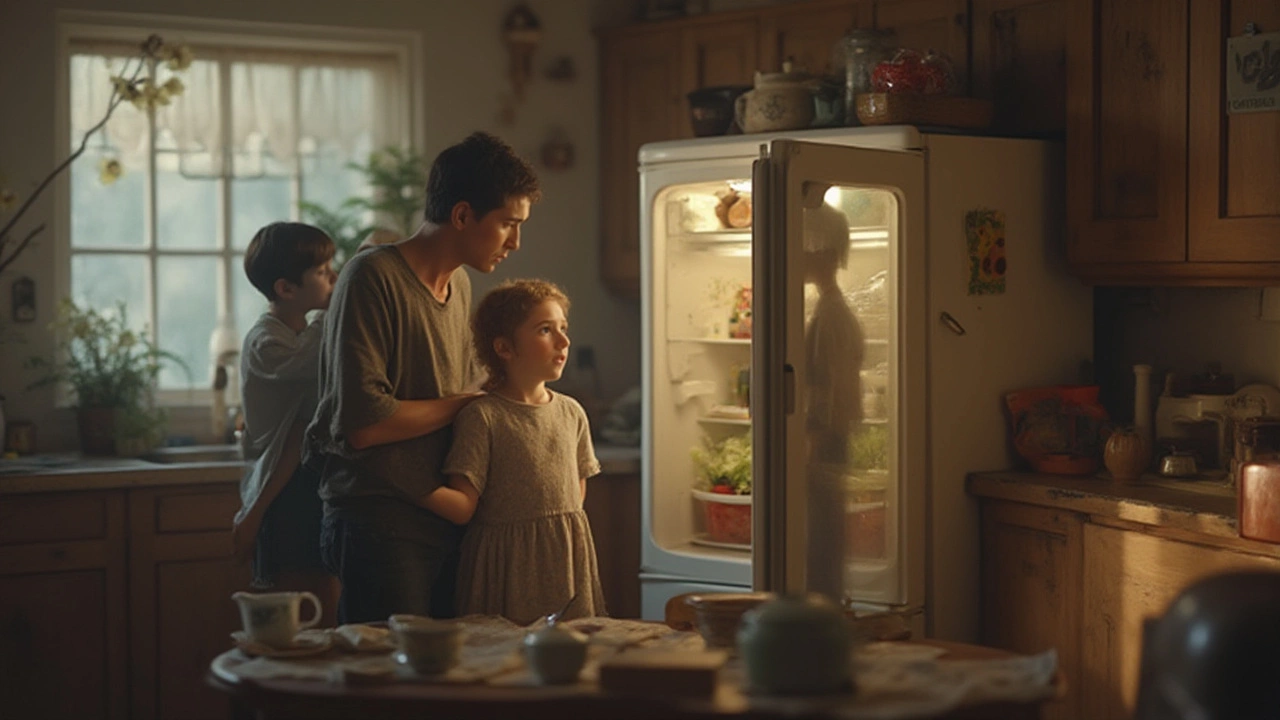Fridge Compressor Problems: What to Look For and How to Fix Them
If your fridge is losing cold or making weird noises, the compressor is often the culprit. The compressor is the heart of the cooling system – it squeezes refrigerant and pushes it through the coils so your food stays fresh. When it starts to fail, you’ll notice the temperature rising, a humming sound that turns into a click, or the fridge simply not cooling at all.
First thing to check is the power. Make sure the fridge is plugged in and the outlet works. Reset the circuit breaker if needed. If the fridge still won’t run, it’s time to dig deeper.
Common Signs of a Bad Compressor
1. Warm inside, cold outside: If the interior feels like room temperature while the back of the fridge is still cold, the compressor isn’t moving refrigerant properly.
2. Constant running: A compressor that won’t shut off is working overtime. This can overheat the unit and lead to bigger failures.
3. Clicking or buzzing noises: A single click followed by silence usually means the start‑relay has failed and the compressor can’t start.
4. Leaking water: A failing compressor can cause excess condensation, which appears as pools of water under the fridge.
DIY Checks Before Calling a Pro
While most compressor work needs a trained technician, there are a few things you can try safely.
Clean the coils: Dusty condenser coils force the compressor to work harder. Unplug the fridge, pull it out, and vacuum the coils at the back or underneath.
Check the start‑relay: Locate the relay on the side of the compressor (usually a small box). If it looks burnt or you hear a click when you press it, replace it – it’s cheap and often fixes a clicking compressor.
Test the overload protector: This little component cuts power if the compressor overheats. If it’s blown, the compressor may need a reset or replacement.
If these steps don’t bring the cold back, it’s time to call a professional. Trying to open the sealed refrigerant system without proper tools can be dangerous and illegal.
When to Call Glastonbury Appliance Repair
We recommend calling us if you notice any of the above symptoms and the basic checks haven’t helped. Our technicians can:
- Diagnose whether the compressor, start‑relay, or overload is at fault.
- Test the refrigerant pressure and recharge the system if needed.
- Replace a faulty compressor – we source quality units and handle the disposal of old parts.
- Provide a clear quote on repair vs. replacement, so you know exactly what you’re paying for.
Typical compressor repair in Glastonbury costs between £150 and £300, depending on the model and parts needed. If the fridge is over ten years old, we’ll discuss whether a replacement is more economical.
Regular maintenance can extend the life of your compressor. Keep the coils clean, avoid overloading the fridge, and let the door close fully each time. A quick check of the temperature settings (usually 3‑5°C for the fridge compartment) also helps the compressor run efficiently.
Remember, a fridge that stops cooling is more than an inconvenience – food waste adds up fast. Spotting a bad compressor early and getting professional help can save you money and keep your kitchen running smoothly.
Got a humming fridge or suspect a compressor issue? Call Glastonbury Appliance Repair today. We’re local, quick, and trustworthy, and we’ll get your fridge back to keeping things cold again.

Fridge Compressor Failure: Signs, Fixes & When to Replace
Learn the real signs of a failing fridge compressor, get practical diagnostic tips, and know when to repair or replace your refrigerator for good.